1. Hand washing. Yes, we hear it all the time! It is sooo important. Did you know that handwashing is the single most important advice that health experts give to help us stay safe from COVID-19 and of course, other infections? So, wash your hands! Hand sanitizers can also be used but they need to be alcohol-based, contain at least 60% alcohol and rubbed for about 20 seconds.
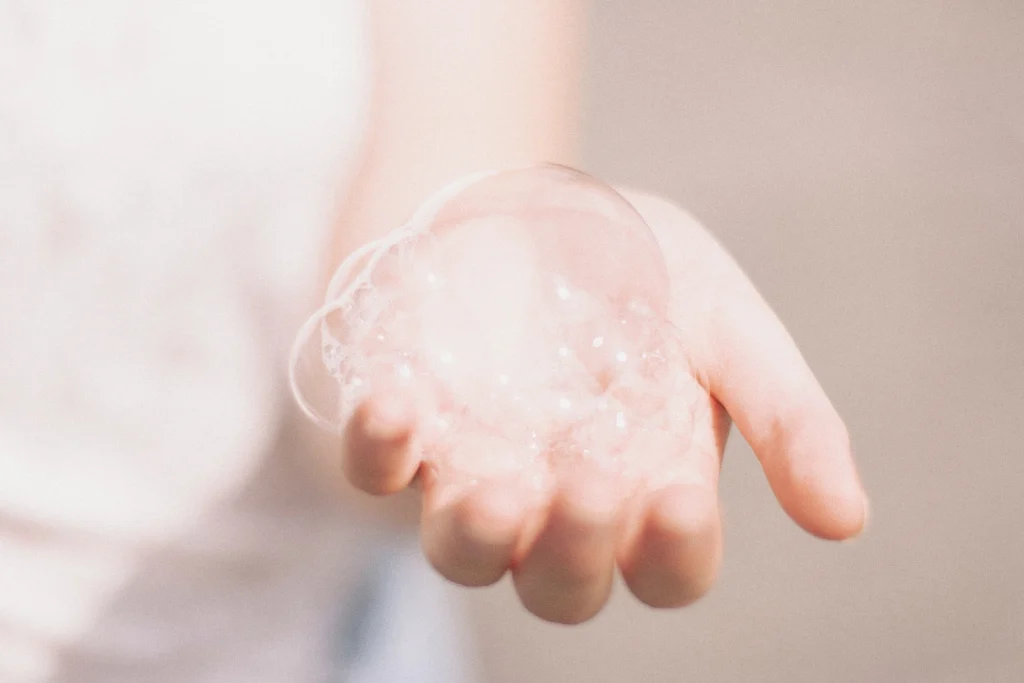
Photo by Matthew Tkocz on Unsplash
2. Other universal precautions: Stay home if possible. We have to take this seriously if we want to avoid spreading the virus. If you are feeling under the weather you could be having just a cold or allergies but it is really hard to tell, coronavirus can present very mild in some people or at the beginning of the infection so PLEASE stay home. Also, avoid close contact with people who are sick if possible.
3. Sleep well. Cytokines, a type of protein that targets infection and inflammation, are produced and released during sleep. If we don’t get enough sleep, our body produces fewer of them. Do your best to get at least 8 hours of sleep.
4. Exercise regularly. It is not clear the mechanism on how exercise may reduce the chance of getting sick. It has been studied and proposed that physical activity may help expel bacteria out of the lungs and airways, causes changes in antibodies and white blood cells (the cells that fight disease) and it increases body temperature which could prevent bacteria from growing (similar to when we have a fever).
5. Smile, take a deep breath and relax! Stay calm. Too much stress can suppress your immune system, increasing the chances of getting sick. Deep breathing, meditation, and yoga are all good options to help you stay calm and focused.
6. Keep hydrated. Drink at least 8 full glasses of water a day or half your body weight in ounces. A study published in the journal Applied Physiology, Nutrition and Metabolism in 2012, showed that modest dehydration decreases saliva flow rate and with that its valuable enzymes such lysozyme. Lysozyme breaks down bacteria in your mouth. When somebody sneezes or coughs, droplets can get into our respiratory tract or mouth. This shows the importance of avoiding dehydration to maintain oral mucosa immunity.
7. Add garlic to your favorite recipes. Garlic has anti-viral, antibacterial and antifungal properties, so don’t be afraid to use it.
8. Eat foods rich in vitamin C. Vitamin C contributes to our immune defense system. When it is deficient we have a higher susceptibility to infections. Citrus (orange, lime, lemon, grapefruit), broccoli, cantaloupe, cauliflower, kale, kiwi, papaya, red, green or yellow pepper, sweet potato, strawberries, and tomatoes, are all rich in vitamin C.
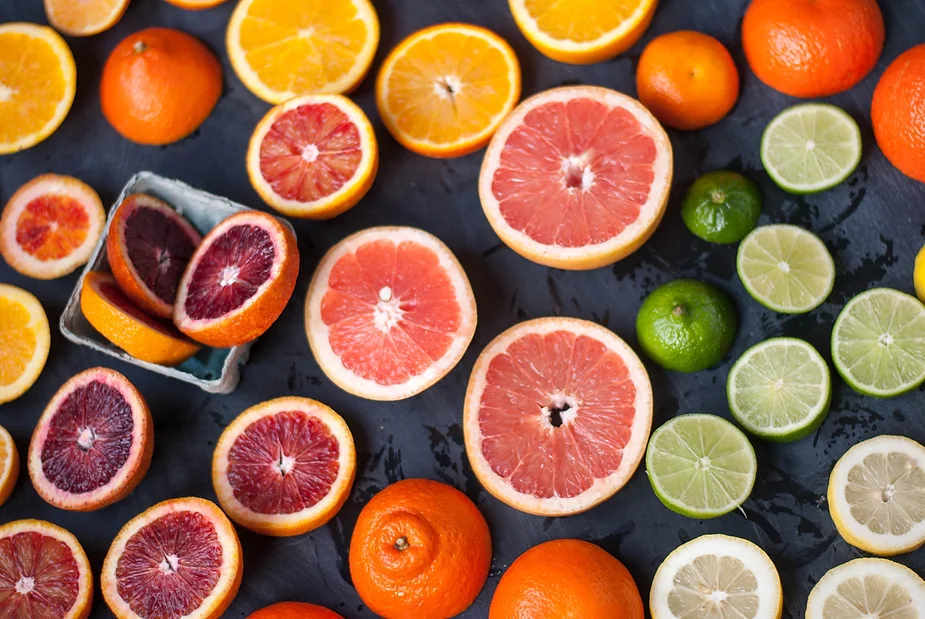
Photo by Ben Ashby on Unsplash
9. Eat foods rich in Zinc. Zinc affects multiple aspects of the immune system and it is also an antioxidant. Red meat, shellfish, eggs, legumes, some seeds like hemp, pumpkin, squash and sesame seeds, nuts such as pine nuts, peanuts, cashews, and almonds can boost your intake of zinc.
10. Eat foods rich in Vitamin E. Vitamin E is an antioxidant and helps to keep the immune system strong against viruses and bacteria. Vitamin E rich foods: sunflower seeds, almonds, peanuts, avocados, swiss chard.
11. Eat foods rich in Vitamin B6. Vitamin B6 supports biochemical reactions in the immune system. Chicken, cold-water fish such as salmon and tuna, green vegetables and chickpeas are all rich in vitamin B6.
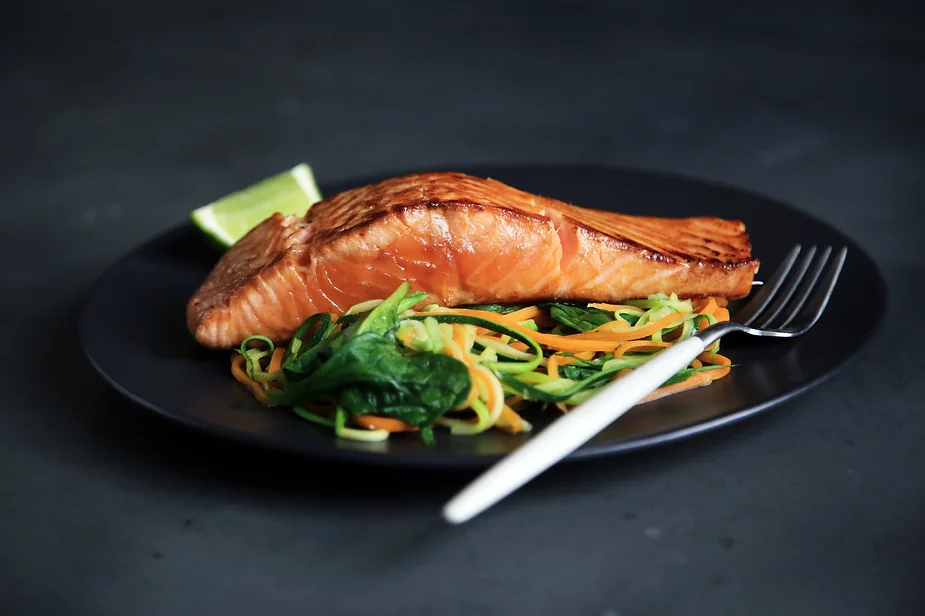
Photo by Caroline Attwood on Unsplash
12. Probiotics. Probiotics can help boost your immune system and prevent infections. More on probiotics soon!
Please reach out if you have any questions by sending me a message.
You can also share your thoughts with other readers by leaving a comment below!
Remember your initial consultation is free of charge. You will meet with me one on one to discuss your wellness goals and see if my services are a good fit for you. Click here to request a free consultation.

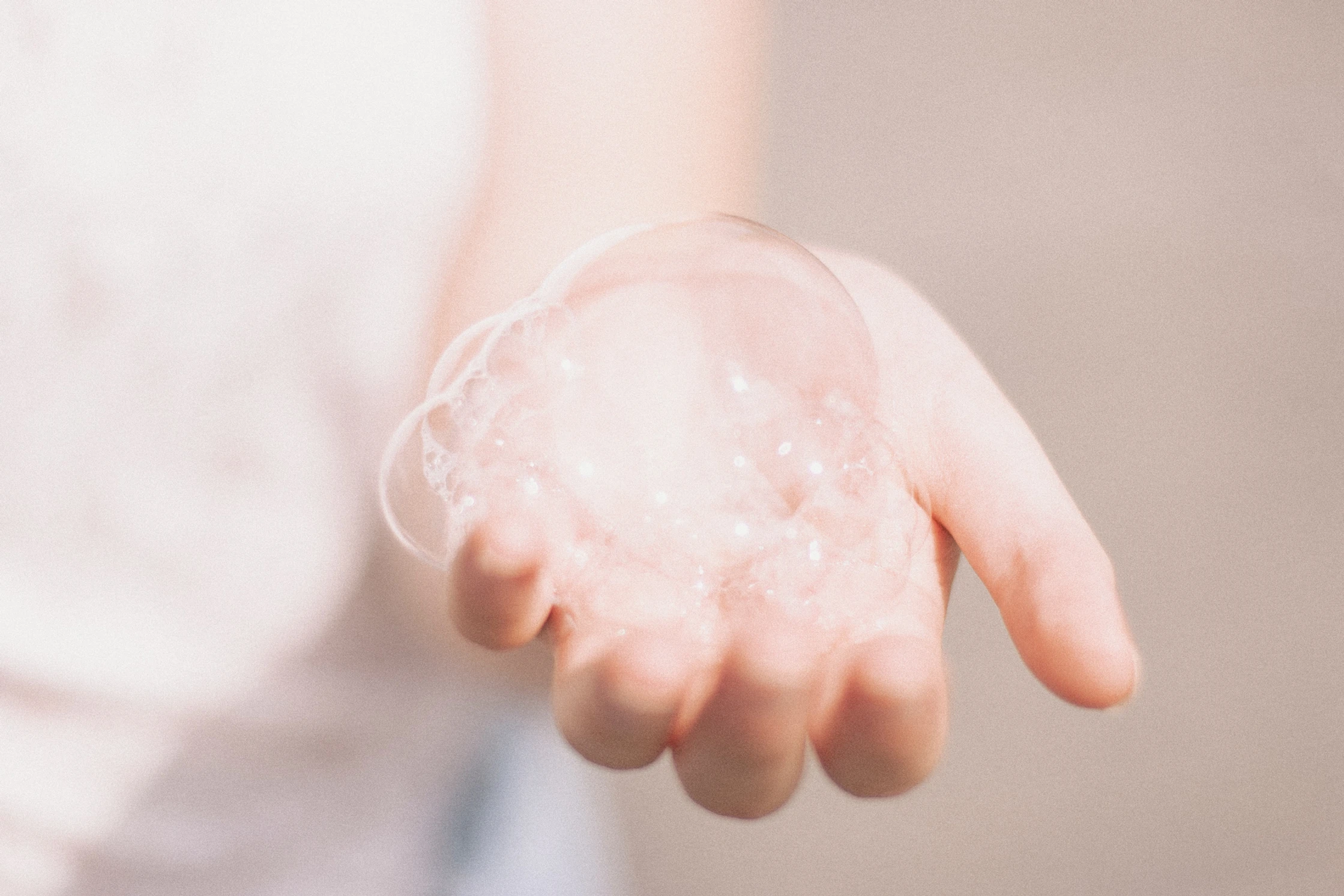

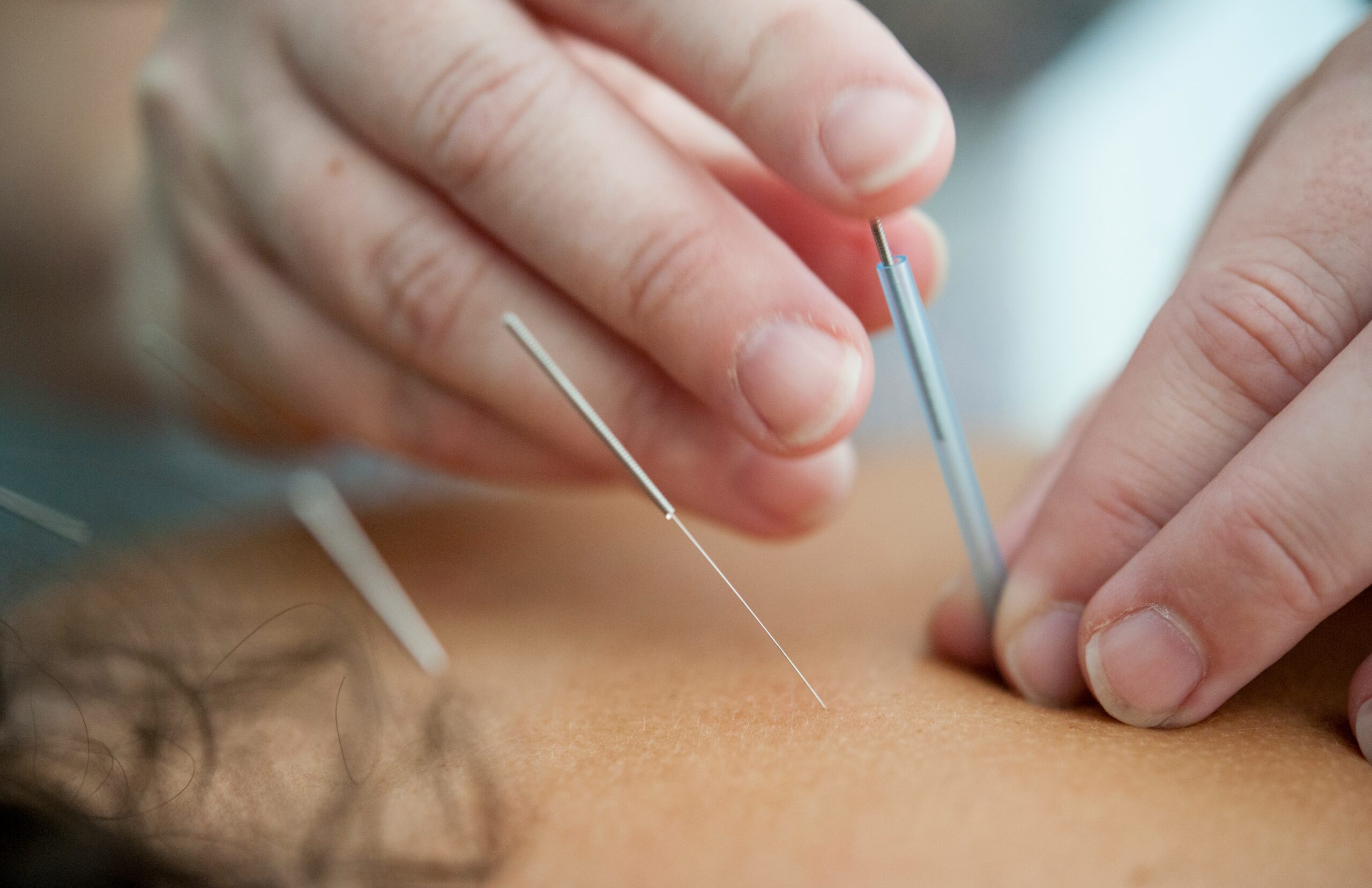
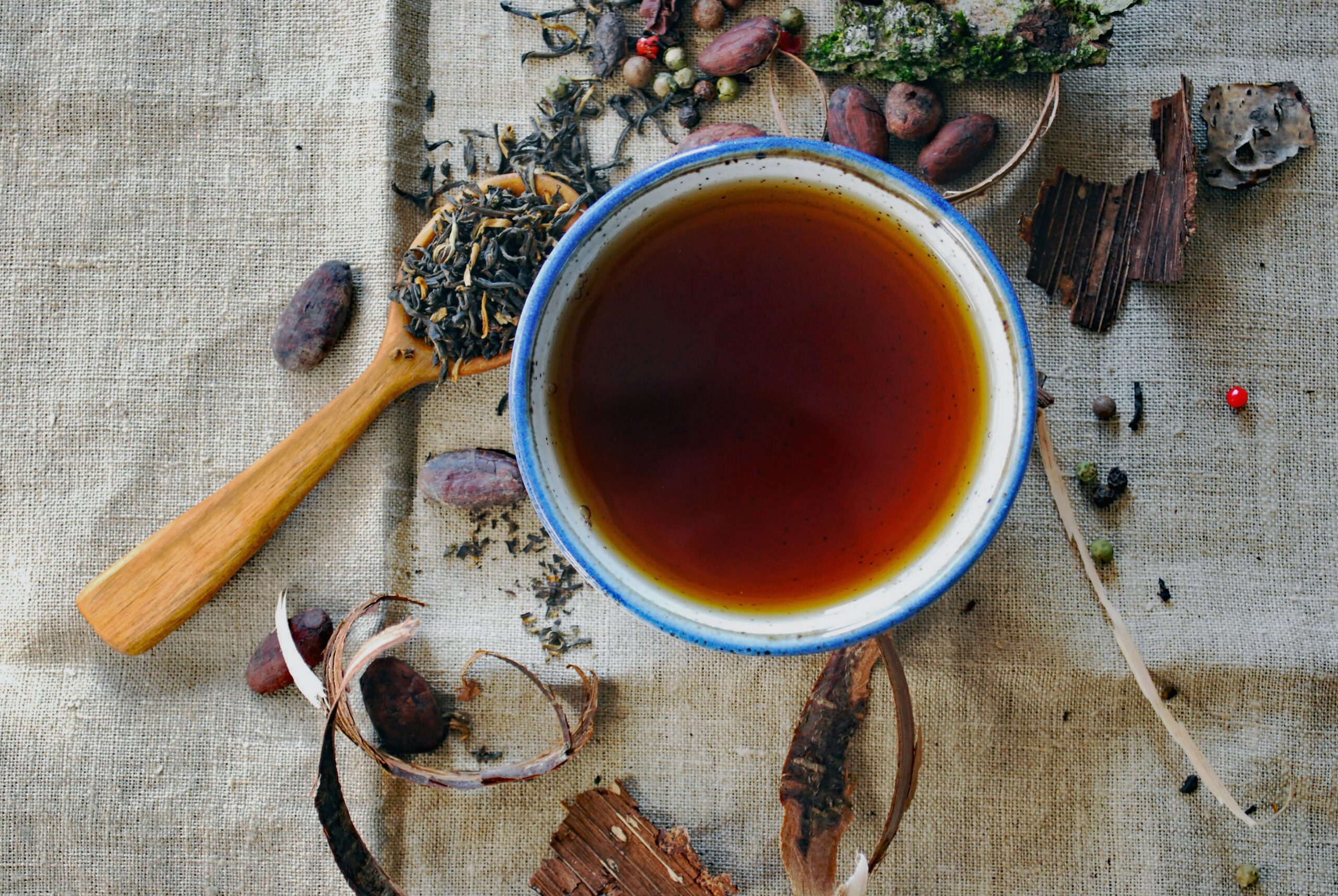
0 Comments